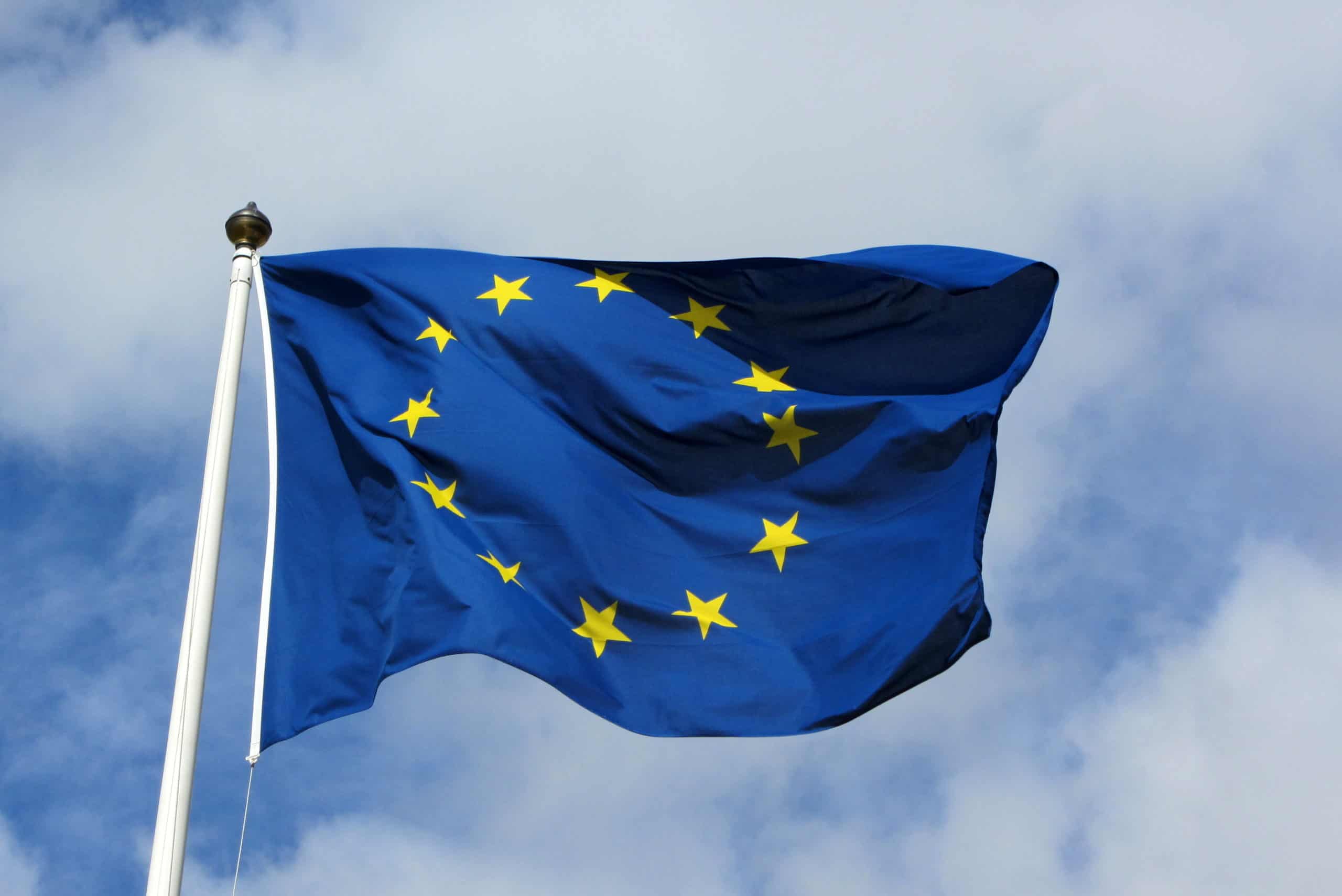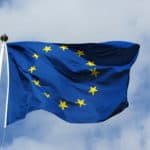Preparing for European expansion may lead to improved performance across the business, discovers Martin Shaw…
PRIOR TO THE Brexit vote, the idea that UK retailers should work to expand into Europe was accepted wisdom. After all, the European Economic Area (EEA) is a trade zone that provides for the free movement of persons, goods, services and capital, and to which British firms have unfettered access.
Since 23 June 2016, though, everything is different. Except is it? Leaving aside the point that actually we don’t yet know what Brexit means, it’s important to remember that much hasn’t changed just because Britain has chosen to leave the European Union (EU).
In particular, it’s worth reiterating the EU remains the world’s largest trading block. That’s not to say retailers don’t need to take account of differences around language, culture, customer expectations and business practice across European territories when looking to export, but it’s possible to over-emphasise these. That becomes clearer when you consider how regional differences within individual emerging nations such as Indonesia, India and Brazil can actually be more of a barrier to business.
Take these factors together – and let’s not forget the importance of geography – and it’s clear Europe will continue to be a key market for UK retailers. In this context, drawing on research from our work in compiling the IREU Top500, it seemed an apposite moment to ask: just how well are British retailers doing when it comes to expanding into Europe?
The key headline figure here is that of the 232 UK retailers in the IREU Top 500, 48% had more than one country-specific landing page. It will be intriguing to see whether the 52% that had UK-only sites stick or, while Britain is still in the EEA and it’s potentially easier to launch into Europe, twist. Drilling down into the numbers, the average number of unique languages offered by UK retailers with multiple landing pages was 5.3.
Most subtly, it seems that optimising these different landing pages may have a wider business benefit. According to research by our Knowledge Partner NCC Group, the average “Speed Index” of UK retailers that operate in multiple countries is higher than those that operate only UK-centric sites, with websites loading 6% faster. In addition, “visual completeness” and “render time” are also faster for retailers that have multiple country-specific websites.
We’re not sure exactly how to explain this, but it seems at least possible that, in working on different sites, companies take the knowledge learnt from one site and apply it elsewhere to make incremental gains. Considering how impatient people get when asked to wait, this
is important.
It’s worth noting too that research conducted in 2012 by marketing specialists HubSpot revealed that increasing the number of landing pages can increase the number of leads companies generate, with a 55% increase for businesses that increase the number of landing pages from 10 to 15.






